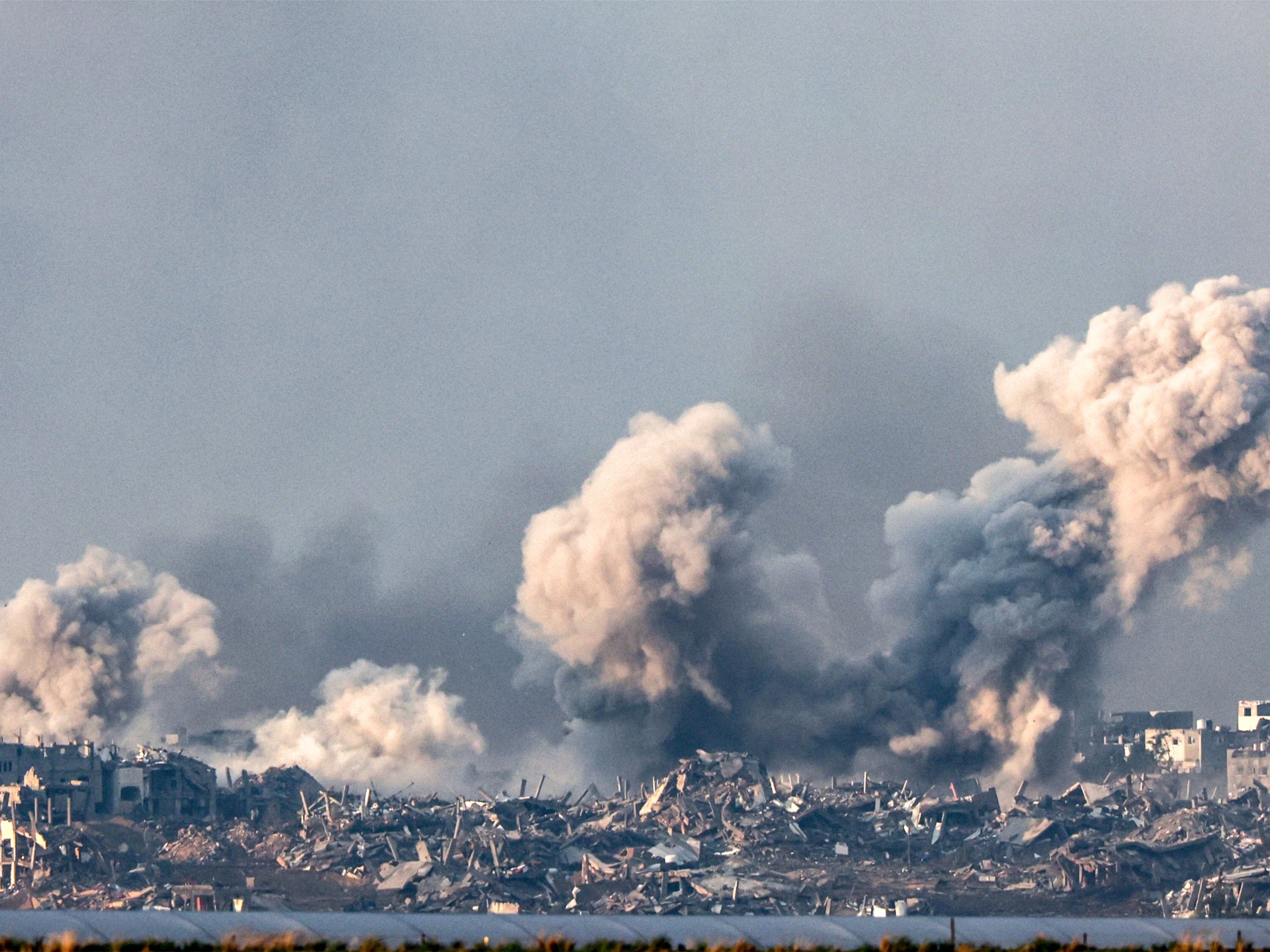senior UN official — Global Issues
“There needs to be a negotiated solution to end this war as soon as possible. There is no other alternative,” said Martha Pobee, the UN Assistant Secretary-General for Africa, whose portfolio covers both political and peacebuilding affairs.
“The longer this war continues, the greater the risk of fragmentation, and foreign interference and erosion of sovereignty, and the loss of Sudan’s future, particularly its youth,” she warned.
Reopening old wounds
More than 100 days have passed since fighting erupted between the Sudanese Army and the paramilitary Rapid Support Forces (RSF), with Khartoum State remaining the epicentre of the conflict.
Clashes continue there and in other parts of the country, including Bahri, Omdurman and Darfur, “with neither side achieving victory nor making any significant gains,” she said.
“The parties have exacted tremendous suffering on the people of the Darfur region. The fighting in Darfur continues to reopen the old wounds of ethnic tension of past conflicts in the region,” she added.
“This is deeply worrying and could quickly engulf the country in a prolonged ethnic conflict with regional spill overs.”
Millions on the run
The conflict is having immense repercussions on Sudan and the region. Four million people have fled their homes, with nearly one million flocking to neighbouring countries such as Chad, South Sudan, Egypt and Ethiopia.
Ms. Pobee said sexual violence continues to be perpetrated on a large scale, and children have been killed or victimized, or are at risk of being recruited into the hostilities.
“The systematic abductions and killings of human rights defenders in Darfur and Khartoum are on the rise,” she noted.
“The parties to the conflict must take concrete actions to end and investigate these violations, and support must be provided to strengthen human rights defenders’ networks and better protect human rights defenders.”
UN supports mediation efforts
The United Nations through its mission in Sudan, UNITAMS, remains committed to supporting efforts by the African Union and the regional bloc IGAD to end the war.
She also welcomed efforts by the United States and Saudi Arabia, which have been facilitating talks between the sides, and also by Sudan’s neighbours.
“The common thread among these initiatives is the call for a permanent cessation of hostilities, facilitation of humanitarian access, and engagement with civilian stakeholders in an inclusive political process,” she said.
Lives lost
Edem Wosornu, a Director in the UN humanitarian affairs office, known as OCHA, also briefed the Council on her visit to Sudan two weeks ago.
“Everyone had a story of parents, children, colleagues and friends who had perished in this devastating conflict, with fears of many more to come as the conflicting parties push on regardless of the consequences,” she said.
More than 20 million people, over 40 per cent of the population, are facing high levels of acute food insecurity. The banking system and public services have been disrupted, and 80 percent of hospitals nationwide are not functioning.
Negotiating humanitarian access
Ms. Wosornu said although the intense fighting and dangerous conditions are hampering aid delivery, the UN and partners have restored the flow of humanitarian supplies, particularly in the Darfur states where access was most limited.
Humanitarians have so far reached nearly three million people nationwide; however, this is but a fraction of the 18 million people they are trying to assist, including nearly 14 million children.
“It is urgent that we re-establish a forum for direct and regular contact on humanitarian issues with the parties at a senior level, to negotiate access and protect the space for humanitarian operations in Sudan,” she said. “We need the strong support of Member States to facilitate this.”
Ms. Wosornu highlighted another obstacle as a $2.6 billion humanitarian appeal for Sudan is just 24 per cent funded. She urged the international community to step up support.
Check out our Latest News and Follow us at Facebook
Original Source







